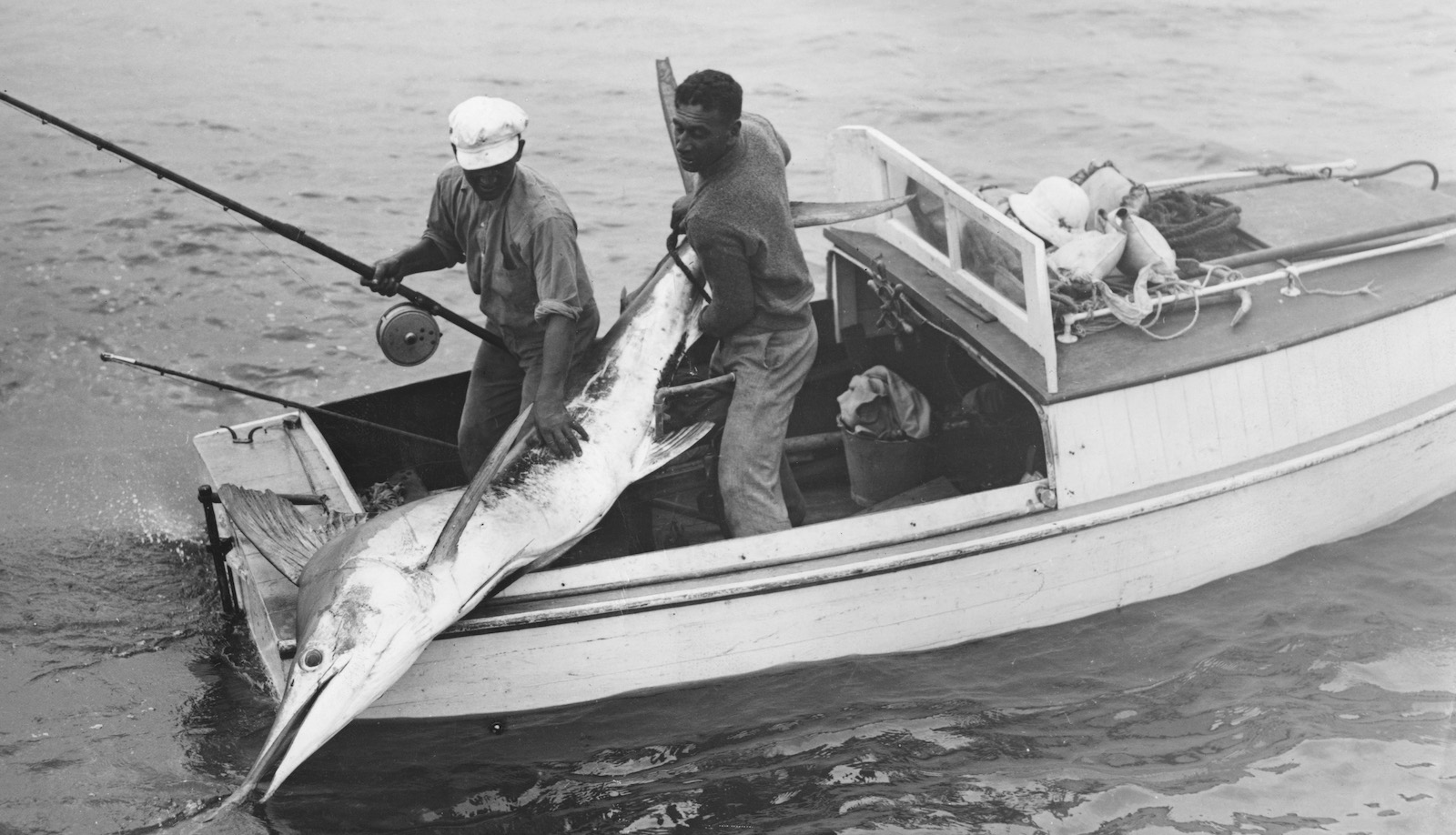This story was originally published by Hakai Magazine and is reproduced here as part of the Climate Desk collaboration.
In New Zealand, some fish species are showing up in strange places. Divers are spotting tropical triggerfish in the temperate north of the archipelago. Meanwhile, in the usually icy waters around Rakiura, fishers are landing yellowtail kingfish and Australasian snapper, which never used to venture that far south.
These shifts make sense: the ocean is warming, and New Zealand is experiencing more marine heatwaves. Last summer, sea temperatures surged 5 degrees Celsius above normal in some parts of the country. In the heat, many marine organisms, such as the tens of millions of sea sponges that bleached in Fiordland at the country’s southern tip, simply died. Others have shifted to places where the temperature suits them better.
Yet as marine species move to survive, their shifting ranges are spurring big questions for the people who catch them.
For New Zealand’s Indigenous Māori, the challenge of species moving out of their fishing area is especially pressing. Following two historic settlements with the New Zealand government in 1989 and 1992, Māori iwi, or tribes, own one-third of the commercial fishing quota in New Zealand; many iwi also hold quotas for customary cultural harvest. But these quotas are fixed to a specific territory: if the fish move out of the area in which an iwi or a collective of iwi holds the right to harvest, those iwi may lose access to that catch.
With fishing the foundation of the modern Māori economy, that’s a disruptive prospect.
But with collaborative, dynamic governance, a strong focus on equity, and increasing access to real-time information about fish populations and their movements, Māori fisheries may be well placed to navigate the changes — and offer insight to other groups across the globe in similar situations.
Tony Craig, a partner at Terra Moana, a New Zealand–based sustainability consultancy, and a researcher in an ongoing government-funded initiative on coastal ocean circulation, connectivity, and marine heatwaves called the Moana Project, says that iwi rights and interests will be unevenly impacted by species on the move. For instance, if snapper populations shift south because of warming, iwi with quotas in the north will lose out, while those with quotas farther south will benefit.
“The quota management system means that there will be winners and losers within Indigenous rights holders,” says Craig.
It’s easy to imagine the potential for inter-iwi tension. But Māui Hudson, an interdisciplinary scientist at the University of Waikato in New Zealand, a member of the Whakatōhea, Ngā Ruahine, and Te Māhurehure iwi, and a researcher in the Moana Project, says close collaboration on fisheries management between iwi means the likelihood of conflict is lessened.
“We all sit together as partners to have the kōrero [conversation] about what is happening with the fisheries,” says Hudson. If fish migration does have a material effect on regional catch, he says, Māori also already have a forum established with the New Zealand government to discuss how quotas might be adjusted “to bring some equity back into the system.”
More challenging are the implications of species on the move for Māori customary fisheries. In New Zealand, iwi hold rights to particular species in specific areas. “Some iwi have centuries-old stories around certain species of fish, which they have on the walls of their marae [meeting grounds],” says Maru Samuels, CEO of the Iwi Collective Partnership, the country’s largest iwi fishing collective. “If those fish were to move away from their doorstep due to warmer waters, that would be absolutely devastating.”
Though steps can be taken to mitigate the local effects, Hudson says that species migration “is set to become part of our future, and it’s important to lay foundations now for iwi to start thinking about what it means for them.”
For Kristina Boerder, a marine conservation researcher at Dalhousie University in Nova Scotia, the Māori situation offers a lesson for resource managers around the world.
“Fisheries and conservation management systems have been created around our perceptions of a stable marine environment,” says Boerder. But with climate change, that perception is increasingly untrue. Managers, she says, need to “adapt more dynamic measures and tools to reflect the changing conditions.”




